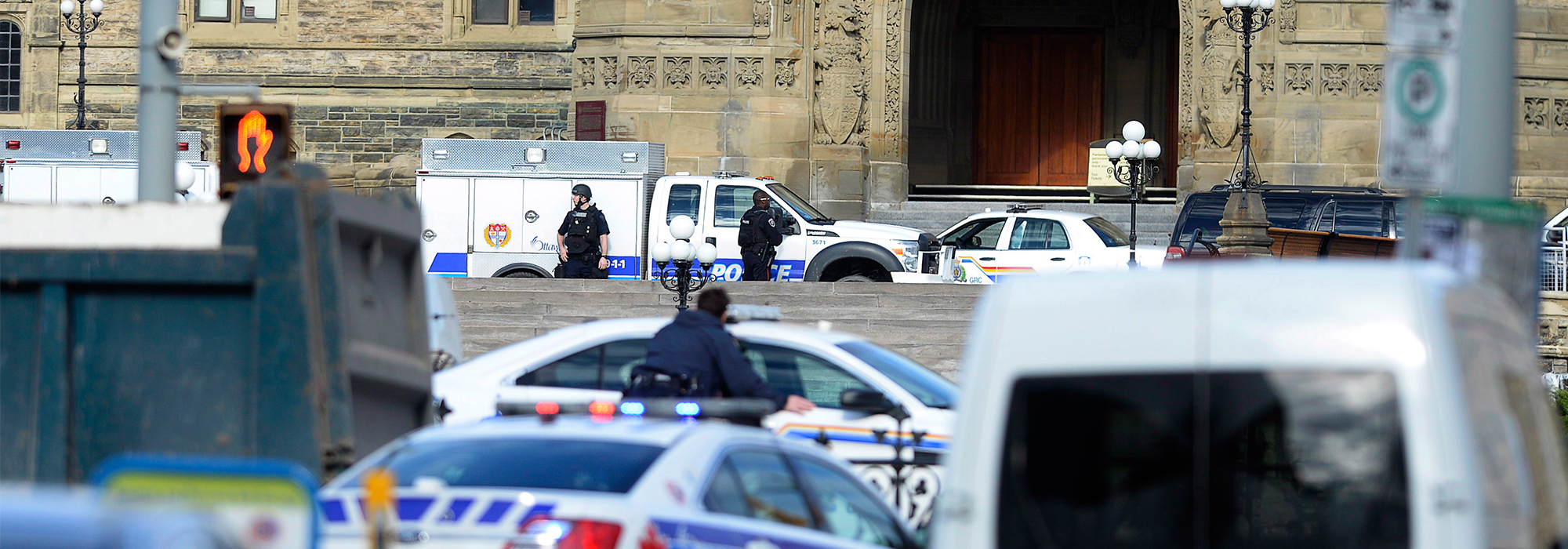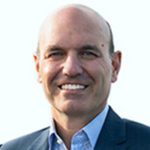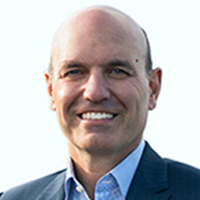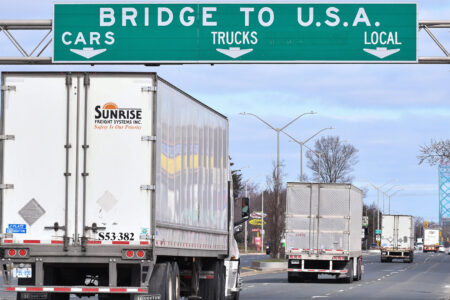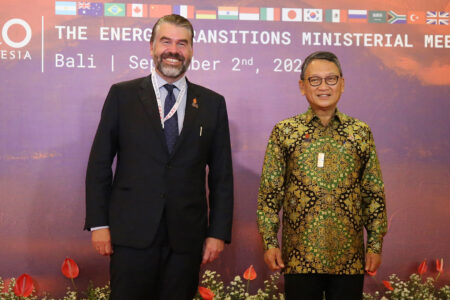
des·e·crate
/ˈdesəˌkrāt/
verb
On Oct. 22, 2014, a lone gunman attacked Canada’s democratic heart. Murder and terror were the intent. Canadians were shocked, but for those who had watched the hidden online world of conspiracy and hate, there was a grim sense of inevitability.
Corporal Nathan Cirillo, 24, paid with his life that day as the attacker made his way to the Parliament buildings. Cirillo, a reservist, was fulfilling ceremonial sentry duty outside the Canadian National War Memorial when he was shot at close range in the back. The gunman then made his way up to Parliament Hill, a short walk away.
As the attacker entered the Centre Block building, I was on my way out of our weekly caucus meeting in the historic Railway Room. As I tried to leave the room, one of our Parliamentary precinct security guards entered from the Hall of Honour, and pressed himself against that main door. The look on his face was all I needed to see to know something terrible was happening.
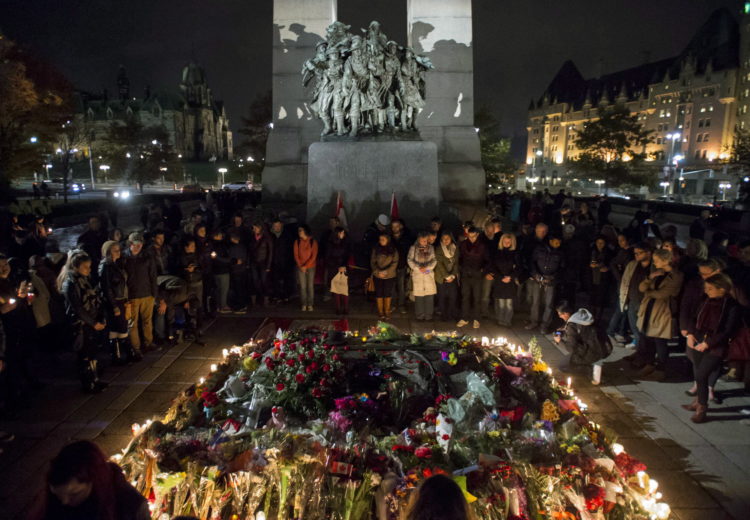
The sounds coming from the Hall of Honour were loud but couldn’t at first be perceived as an attack. They were dozens of shots being fired, but they sounded like a stack of metal trays had been dropped in the marble corridor.
As calls of “Get down!” and “Stand away from the doors!” reached us, colleagues froze then dropped in between chairs and behind the few desks and tables available. A colleague, Jean-François Larose, and I ran to the secondary door into the caucus room and barricaded it with everything available. It dawned on me only later that prior to politics, Jean-François was a prison guard and had training in crisis management. While he was calm and we worked diligently, many colleagues were now in tears and clearly terrified. If anyone had told us there was just one gunman attacking the Parliament not a person would have believed it.
On the other side of the door we had barricaded, my dear friend and then-Sergeant-at-Arms Kevin Vickers was rushing from his office toward danger, and moments later had shot and killed the gunman just at the edge of the Library of Parliament. Walking those same steps with him weeks later and seeing the pain on his face reflecting on that day is something I will keep with me forever.
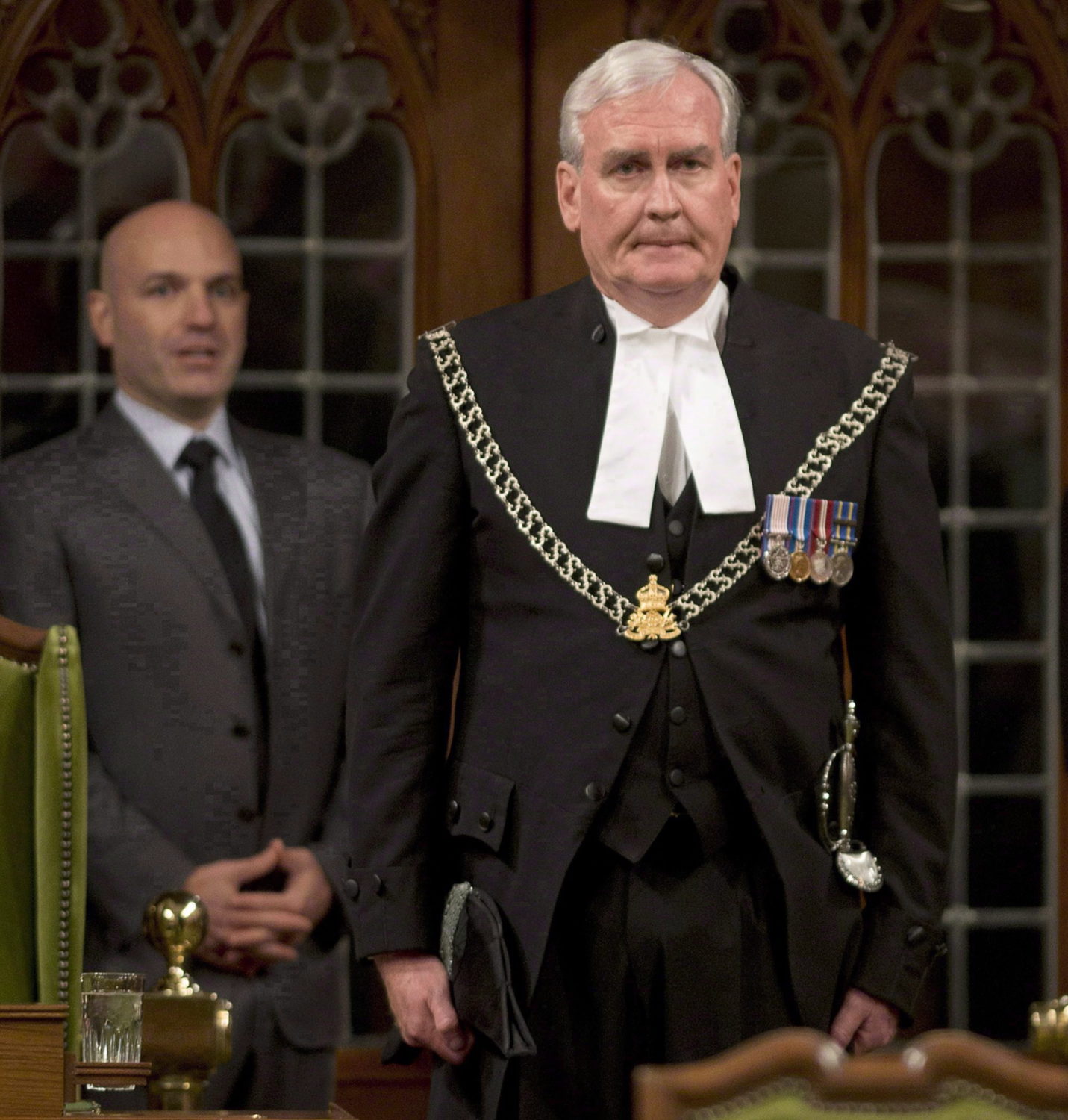
Later, a bullet was extracted from that same main door that had been shut by the security guard; it was embedded inches from where his head had been on the other side. That bullet, we learned later, was “friendly fire” from one of our own officers during the chaos of those moments. That officer and I stood at that door a month later reflecting quietly on how close he came to dying that day. We had tears (and I still do) when we talked together looking at the bullet hole. A quarter inch, at most, stood between life and death that day.
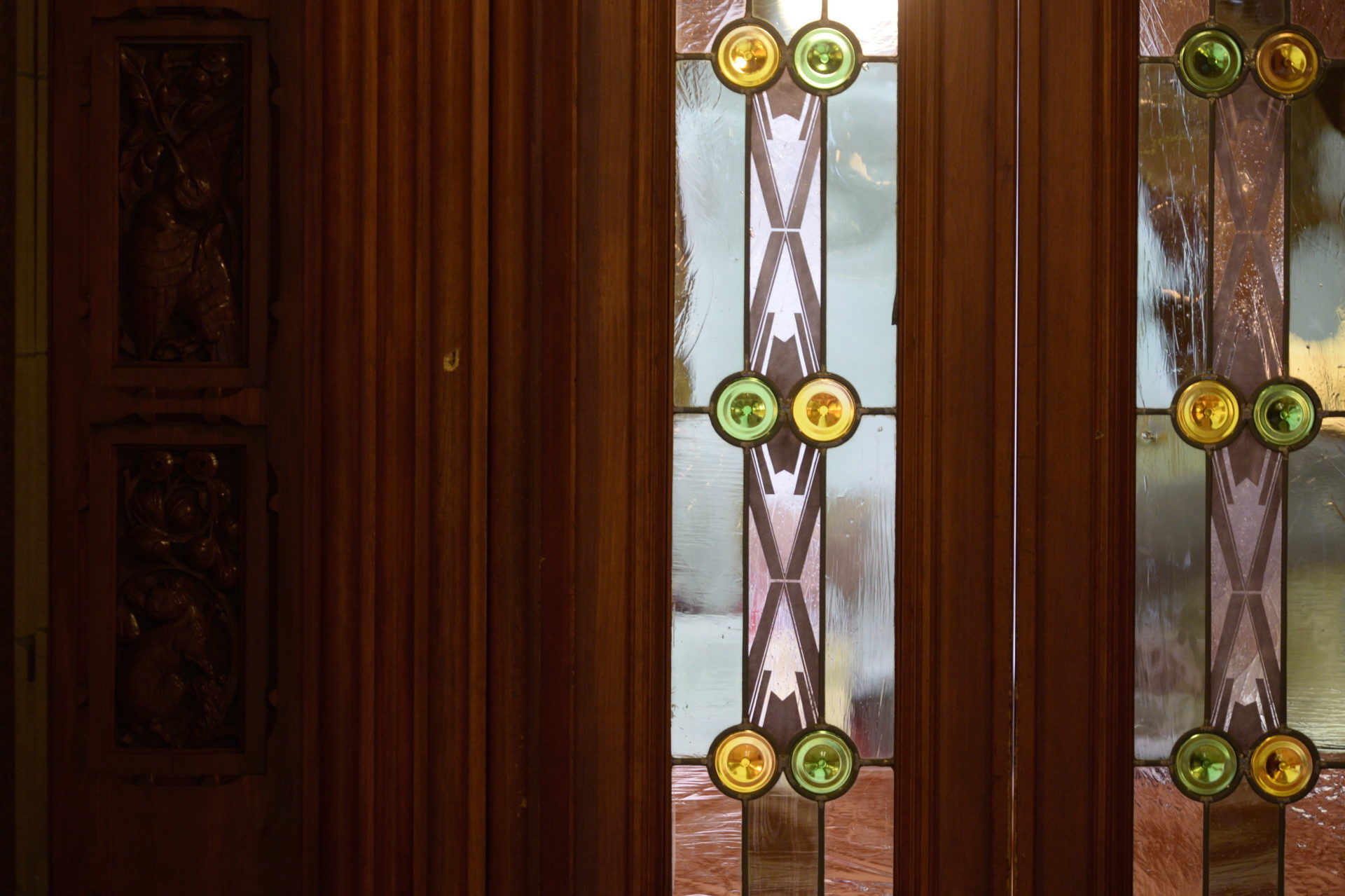
Americans watched a desecration of their own heart of democratic authority last week. It inspired feelings of shock, sadness and anger, but many people were not surprised. It was the tragic and inevitable conclusion to a presidency that has encouraged white nationalism, and conspiracies that too often have spilled into lethal violence.
I can only imagine the fears and dread that occupied my American colleagues’ hearts and minds that fateful day. The fact that it was their own president who urged on the attackers and their own citizens who were attempting to overturn the election and attack their own Capitol Building must have made the horror and tragedy all the greater.
Canadians should watch the speeches of the leaders of each of our parties in the House of Commons from the day after the attack in 2014. We collectively insisted that we must return to the “people’s work.” That democracy could not be violated and taken hostage by such acts of violence. Those speeches spoke of unity, of gratitude for our security forces and our commitment to defend our democratic institutions and traditions.
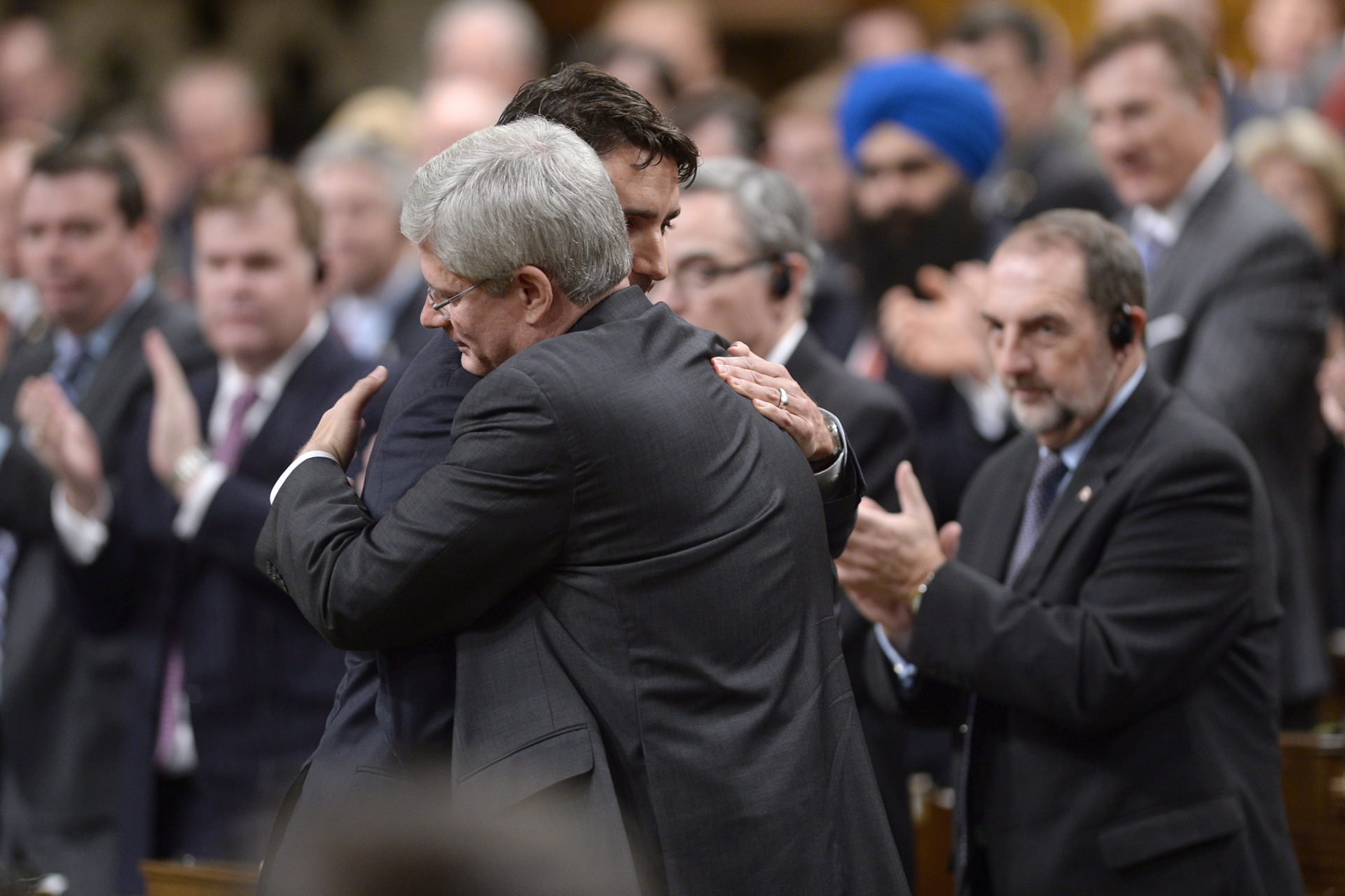
Under pressure, we and our way of life, are revealed. We will fracture or become more bound together. This is true for a person, family, community and nation. Our American cousins have watched the unthinkable happen to their sacred seat of democracy. They can reclaim that sacred space once again but not by speeches and words alone. Addressing the toxic and violent nature of what passes for debate in US politics and the undercurrent of resentment from large swaths of the country will be no easy task but one long overdue in the making of that country.
There was a quiet debate recently here in Canada regarding what to do about the scars left from that day on our Parliament buildings. Centre Block is being renovated right now and some former colleagues argued that the holes should be covered over. I couldn’t disagree more. I don’t wish to remember the attacker but to recognize that it happened, honour those who protected us and remember always that we chose to return to our sacred house of democracy, refused to be cowed or dissuaded from our obligations. That day there were no Conservatives, New Democrats, Greens or Liberals in the House of Commons – only citizens who stood united at least for a time.
Photo: Police converge on Parliament Hill in Ottawa on Oct. 22, 2014, during a gunman’s attack. THE CANADIAN PRESS/Adrian Wyld



